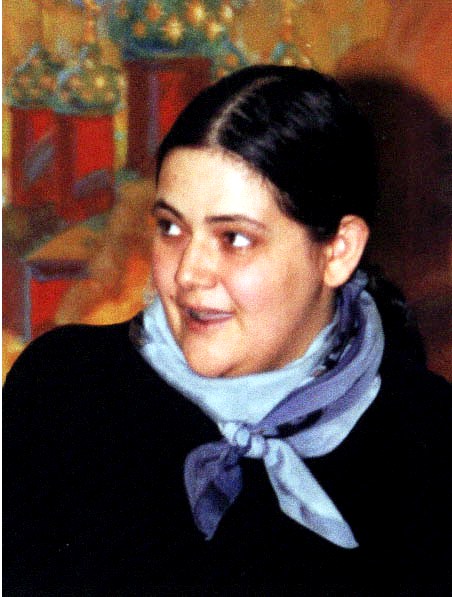The article precedes the translation of the Stone Inscription (Jp. Shamon Shōdō reki sansui ei genju hi), No 11 of the Shōryōshū – a collection of works by Kūkai (774–835) written in Chinese and reflecting various aspects of Buddhism in Japan in the early 9th century. The verses in the Inscription contain the glorification of the sacred mountain; in the prosaic preface Kūkai describes how the monk-ascetic Shōdō wandered in the mountains in the eastern provinces of Japan and found there the sacred Potalaka (Jp. Fudaraku) – the mountain-island, the abode of Bodhisattva Avalokiteśvara (Jp. Kannon). Climbing the mountain is conceived here as a path of Buddhist asceticism, but it can not be fulfilled without the help of local kami deities. Passing this way together with his hero and the reader, Kūkai brings together the Taoist, Confucian and Buddhist approaches to understanding the mountains as a special landscape where a person can strengthen his capacies to be turned to benefit people. Thus, a person realizes the ability for mercy, and therefore embodies in practice the pattern set by Avalokiteśvara in Avatamsaka (Flower Ornament Sūtra). One of the Japanese mountains is not simply identified with a sacred peak from the Buddhist canon. Described in the language of Chinese poetry and prose, based on Wenxuan examples, the mountain that used to be wild and terrible becomes beautiful and useful, occupies a proper place on the map of the enlightened Japanese state, which Kkai sought to create as a monk and as a poet. The Inscription can therefore serve as an important source on the history of the mountain cult in the early medieval Japan.
Key words: Buddhism in Japan, mountain cult, Avalokiteśvara, Potalaka, Kūkai, Shintō, Taoism.
DOI: 10.22250/2072-8662.2018.2.30-42
About the author
 |
Nadezhda N. Trubnikova – Doctor of Philosophy, Professor at The Institute of Asian and African Studies, Lomonosow Moscow State University, Leading Researcher at Laboratory of Oriental Studies, School of Advanced Studies in the Humanities, The Russian Presidential Academy of National Economy and Public Administration, Deputy Chief Editor of “Voprosy Filosofii” (“Problems of Philosophy”) journal; 11 Mokhovaya Str., Moscow, Russia, 125009; 82 Prospect Vernadskogo, Moscow, Russia, 119571; 90 Profsoyuznaya str., Moscow, Russia, 117997; This email address is being protected from spambots. You need JavaScript enabled to view it.
|






